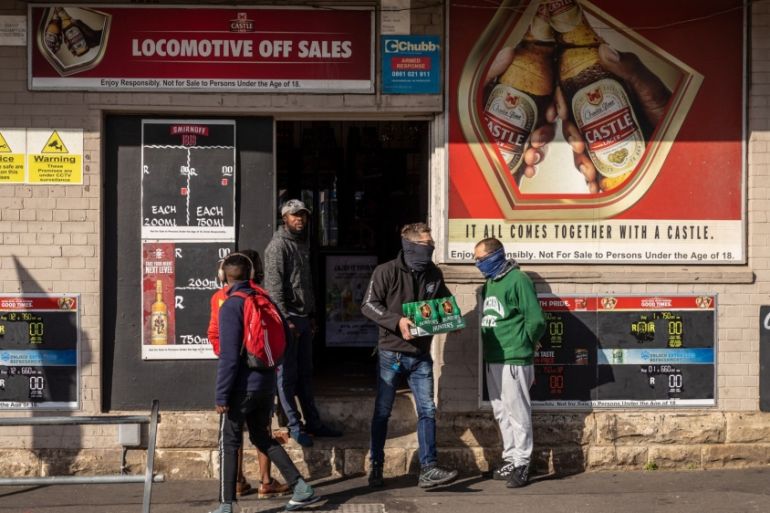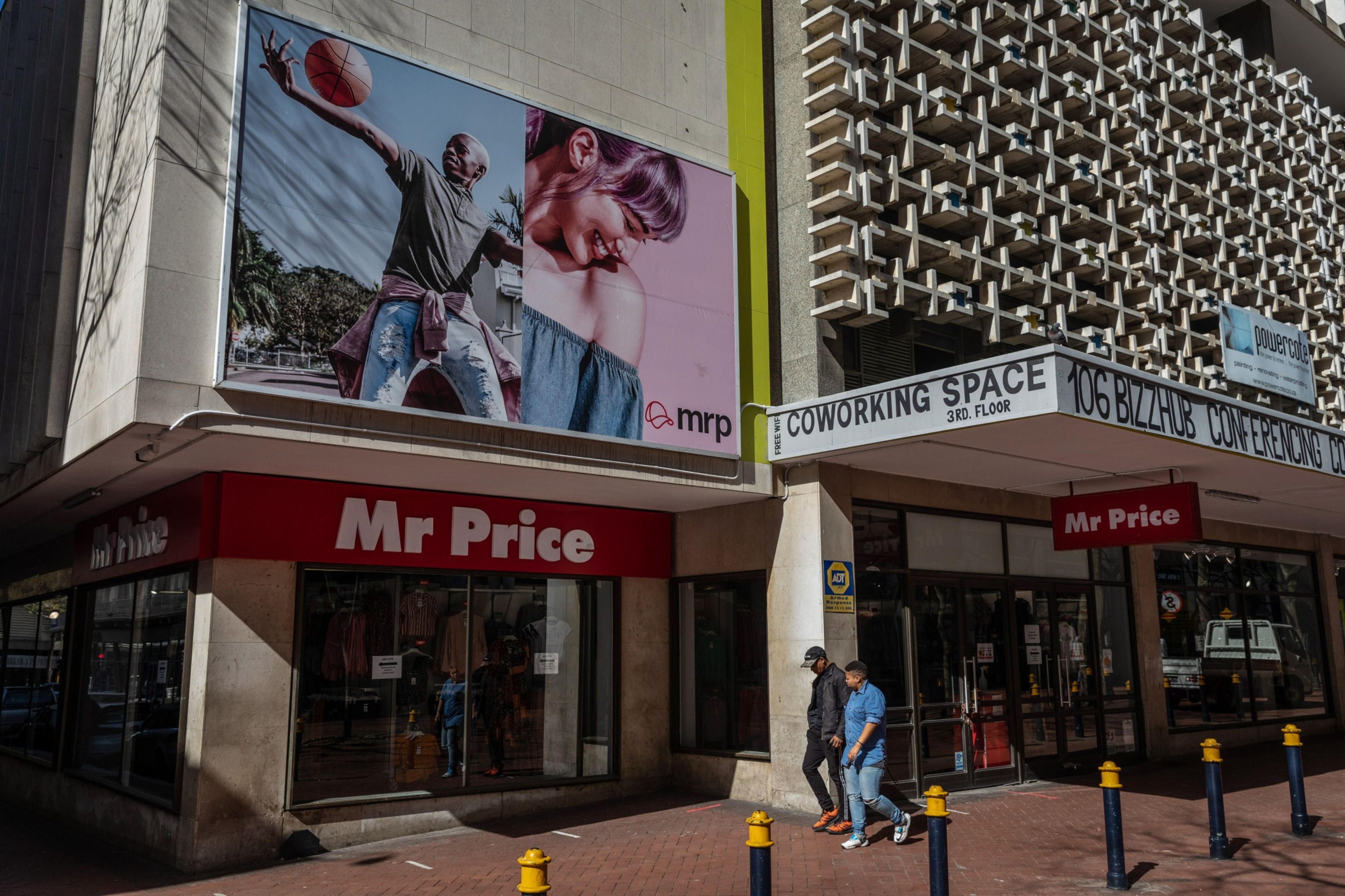South Africa booze, tobacco ban created new criminal networks
Criminal operators are now embedded in the supply chain and it will take years to reverse that, tax official says.

South Africa could take years to dismantle the criminal networks that sprung up and benefited from a ban on the sale of alcohol and tobacco products during the country’s coronavirus lockdown, according to the head of the tax agency.
The ban, aimed at managing the health impact of the pandemic, has allowed illegal operators to gain a foothold in the market, South African Revenue Service Commissioner Edward Kieswetter said Monday in an online address to tax practitioners.
Keep reading
list of 4 itemsCanada’s Trudeau government asks rich to pay more in pitch to Gen Z
The Take: How much of Americans’ tax money funds war?
Spanish prosecutors accuse Real Madrid manager Carlo Ancelotti of tax fraud
Many illegal and criminal operators have now “marketed themselves to previously honest smokers and drinkers,” he said. “They are now embedded in the supply chain and it will take us years to reverse the impact.”
Tobacco and liquor remained readily available through the black market from when the ban first kicked in with the nation’s coronavirus lockdown on March 27. Producers and retailers complained the restrictions have resulted in thousands of job losses and encouraged illegal trade.

National Treasury data show the government lost out on 9.5 billion rand ($568 million) in alcohol and tobacco taxes in the first four months of the fiscal year. A 2018 report published by the country’s producer-funded Tobacco Institute showed South Africa was already one of the world’s biggest markets for illicit cigarette sales at the time.
Four days
While the bans were lifted in the middle of last month, shops are still only allowed to sell alcohol four days a week and the authorities have warned it could reinstate the curbs if needed.
“The policy achieves no end other than to fuel illegal activity which ignores any regulatory safeguards and contributes not a single cent to the beleaguered tax service which desperately needs the revenue for the state to meet its socio-economic obligations,” Gareth Ackerman, chairman of Pick n Pay Stores Ltd., said at the grocer’s annual general meeting two weeks before the bans were lifted.
The ban on alcohol sales also put investment projects worth at least 12.8 billion rand on hold, with Anheuser-Busch InBev SA unit South African Breweries, Heineken NV, glass manufacturer Consol Holdings Ltd. and wine and spirits maker Distell Group Holdings Ltd. adjusting spending plans.
The revenue service is working with law enforcement agencies to bolster its investigative capabilities to tackle tax fraud and illicit activities, Kieswetter said.